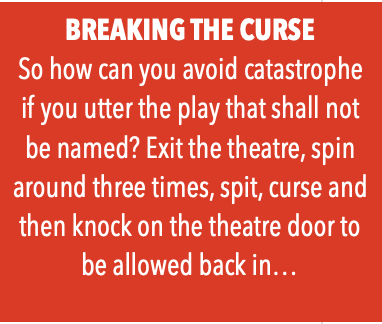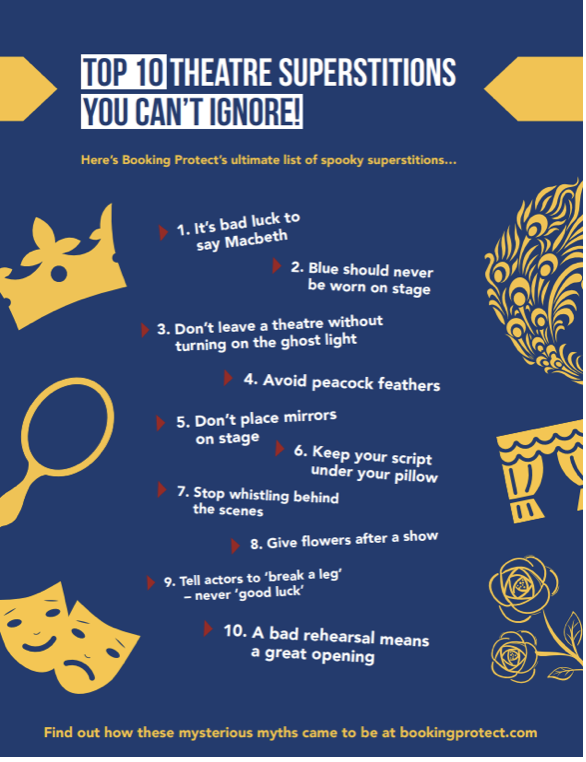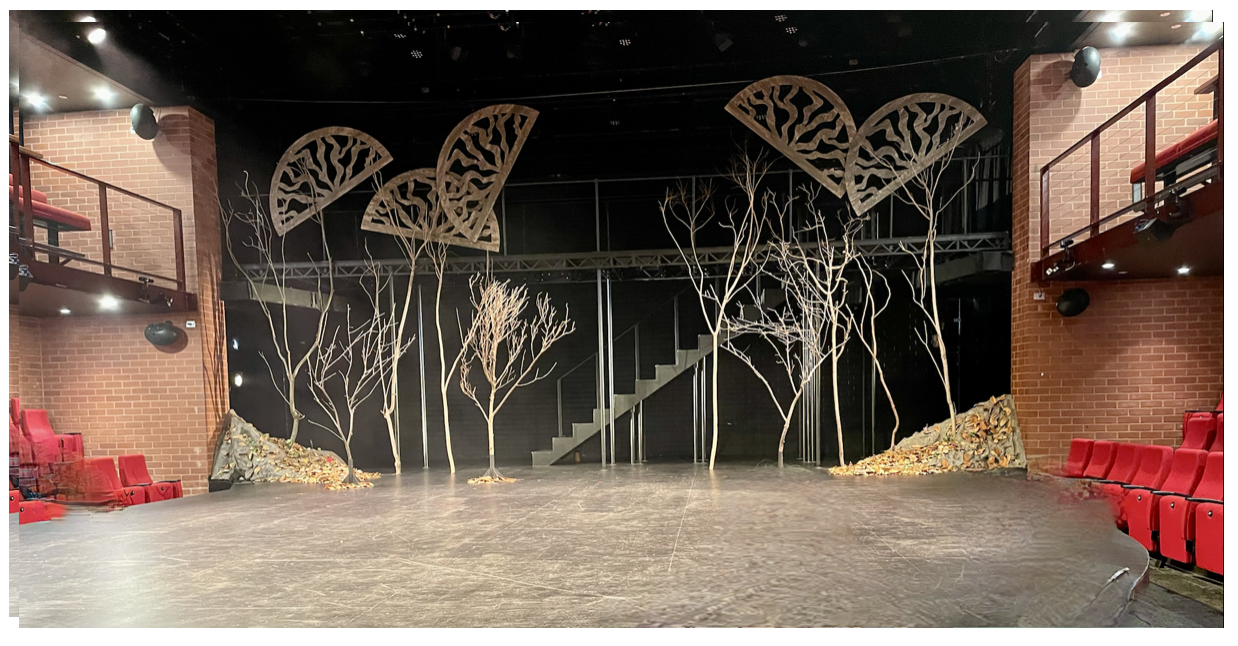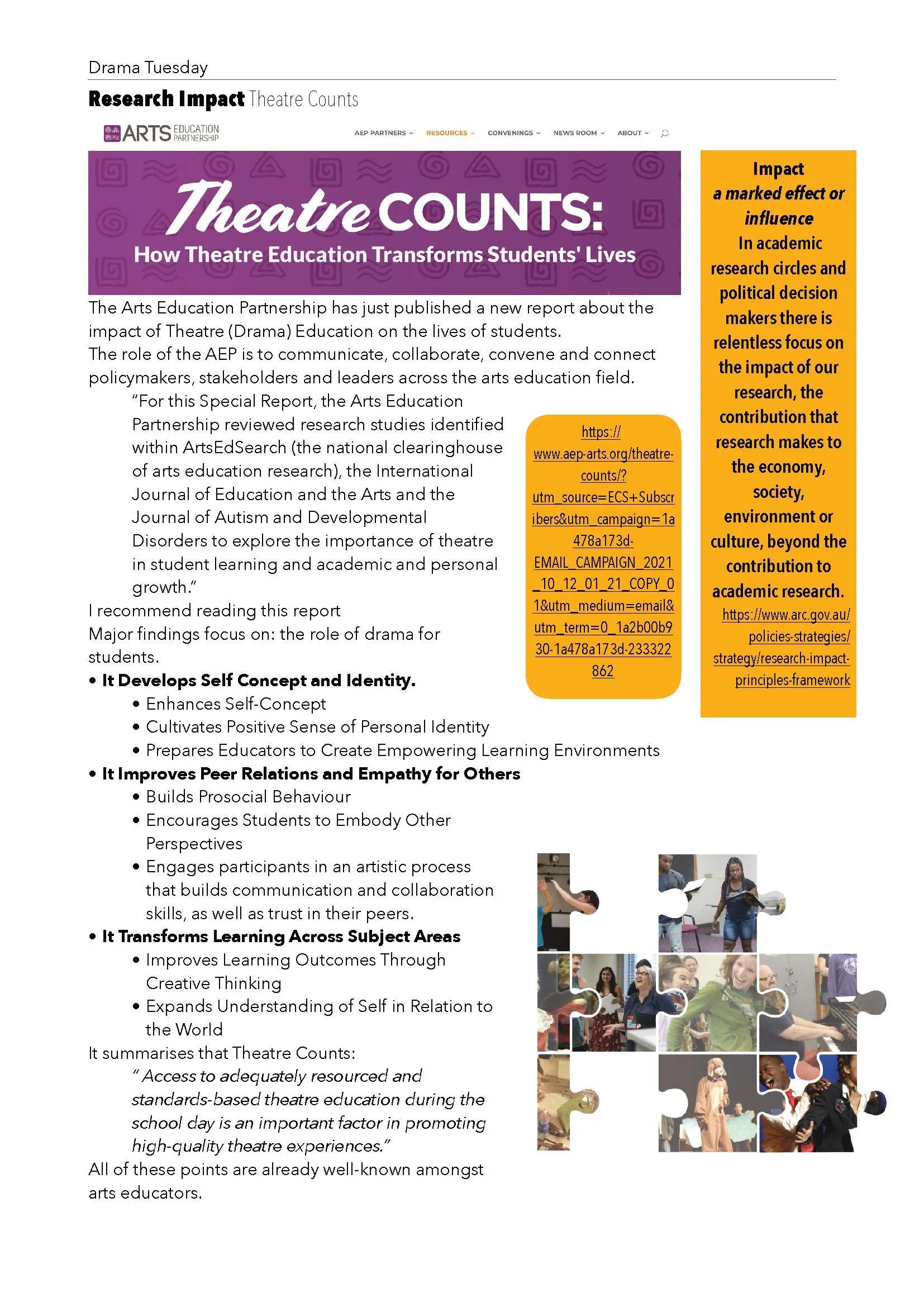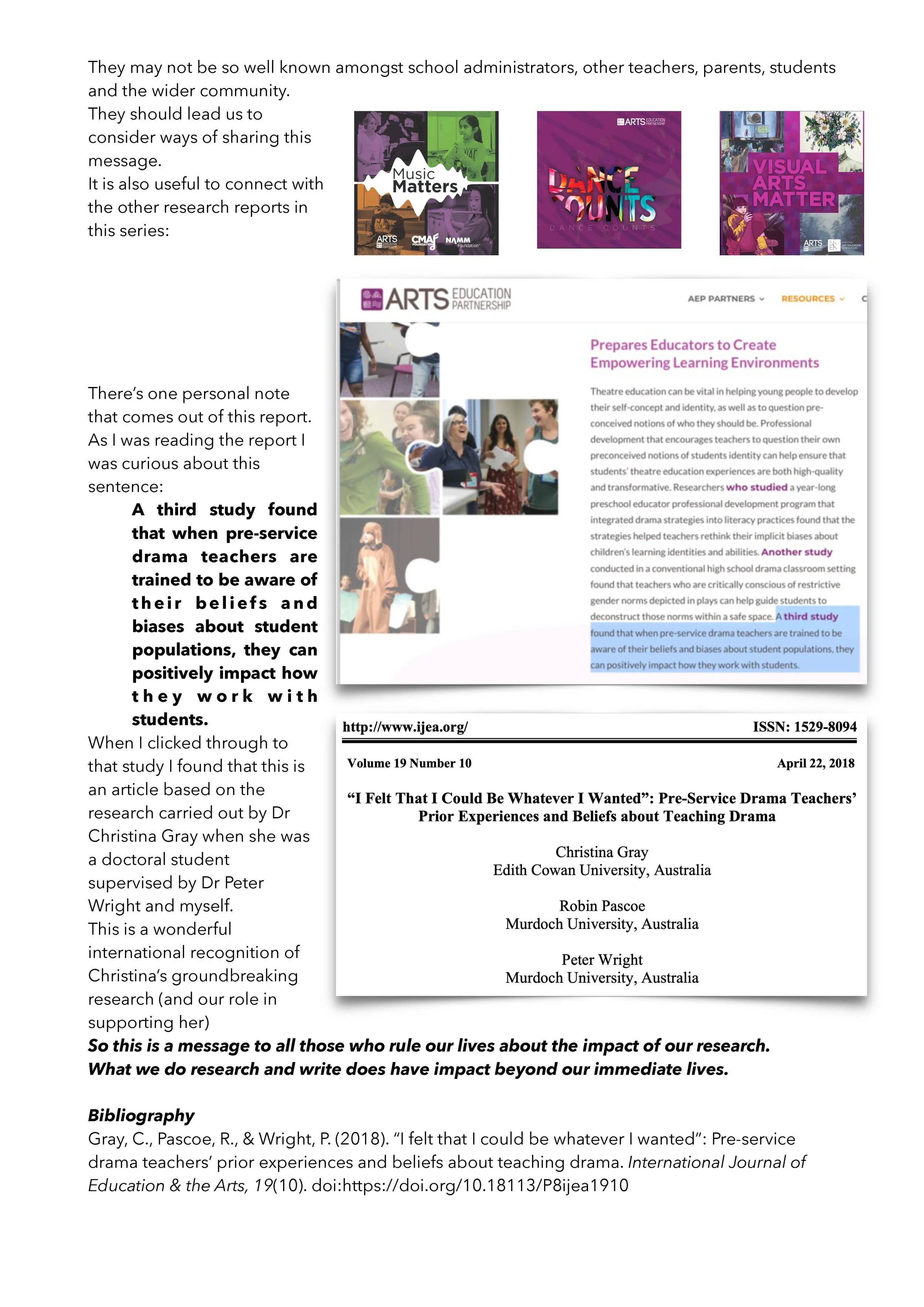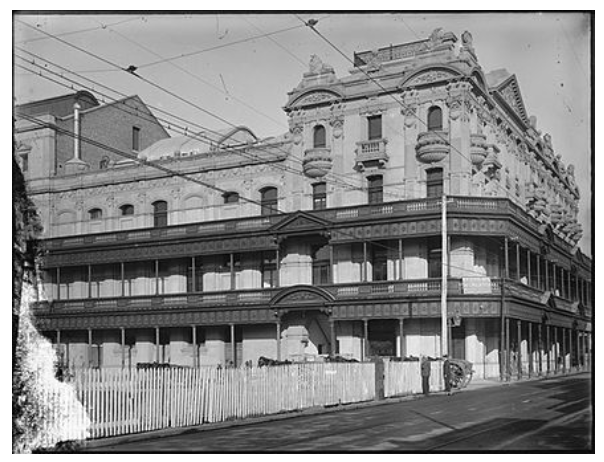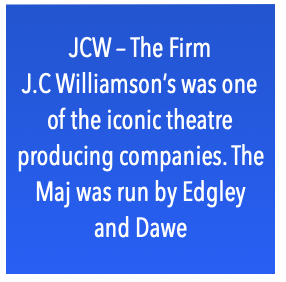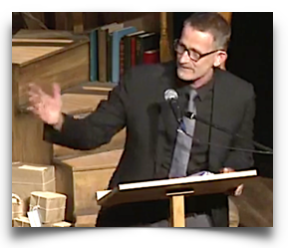Undecided
Fringe Show 27 January 2021
We are so used to the message to turn off your mobile phones being intoned as we enter the theatre, it is refreshing to enter the Rehearsal Room at the State Theatre Centre, to be told Turn on your phones and login to the address on the screen.
Undecided polls the audience with questions throughout the 60 minutes of the show and the audience “decides” what happens next (well, within the imposed limits, they decide!).
This is a cute premise on which to stage a Fringe show.
The audience (after a preliminary warm up about voting for mint or gum) decide whether the deliberately ambiguously named Jamie and Sam are to be played by male or female actors. And so the action unfolds.
The plot is thin though clothed in a smear of existential angst.
Of course, there are precedents for audience deciding the outcome of a play. The Mystery of Edwin Drood uses this device – though there there are really only three possibilities and endings in that show. And given the unfinished nature of Dickens’ last work, the sense of unfinished business and different possibilities works – kind of. This had more risk to it.
Whether this theatrical device could be sustained in this play beyond the 60 minutes playing time is worth considering. Probably and possibly not.
The performances are lively and energetic. Imagine the task of carrying in your head the different alternative texts for the Sam and Jamie roles. The ensemble of four are well matched. The voices are clear and the sense of style is spot on appropriate. They work hard and are animated, giving the audience a good sense of fun.
Note to Jamie (male) watch tendency to subconscious hair flicking. You need an eagle eye and terrifying director (I am reminded of Ruth Osborne from CDC and the Youth Theatre Company in her notes about this issue. Hair flicking that carries you out of role and character is just plain distracting for audiences)
The music moves along at a fair clip and has plenty of bounce and oomph. If you have the vague sense of recognising musical memes, don’t be surprised. There is a skill in writing musical parodies.
One of my pet hates in theatre are poor sight lines. We all know how difficult it is to find venues during Fringe (even in COVID times). But, I really don’t like it when the action disappears amongst the shoulders of the people in the seats in front of me. The problem is easy to fix – if the audience can’t see, why don’t you fix it.




